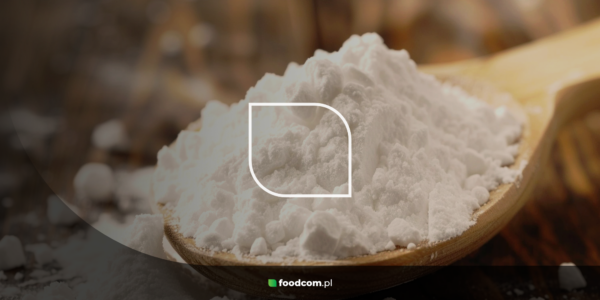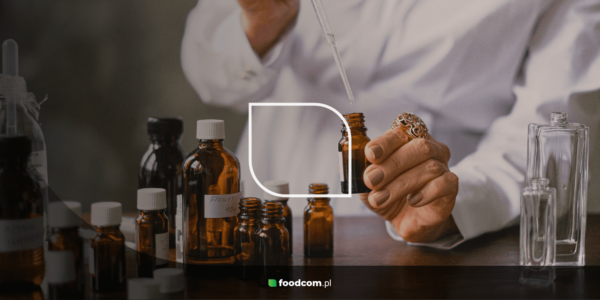Potassium Sorbate (E202) – what is it?
Potassium sorbate, also known as E202, is the potassium salt of sorbic acid. It is a chemical used as a preservative in the food industry, known for its effectiveness in preventing the growth of mold, yeast and certain bacteria. Thanks to its antimicrobial properties, E202 is a valuable ingredient in the production of many food products, ensuring their longer shelf life and safety.
Colorless and almost tasteless, potassium sorbate is widely accepted in the food industry, without adversely affecting the taste and aroma of products to which it is added. Its usefulness and safety have been confirmed by many regulators around the world, including the European Food Safety Authority (EFSA) and the U.S. Food and Drug Administration (FDA).
Properties of Potassium Sorbate
Potassium sorbate is highly effective in the temperature range of 2 to 40 degrees Celsius, making it an ideal preservative for use in a wide range of food products. It is stable under a variety of storage conditions and does not react with other food ingredients. In addition, E202 is water soluble, making it easy to add to liquid and semi-solid products.
Uses of Potassium Sorbate
Potassium sorbate is used in many foods, including bakery products, beverages, dairy products, fruit preparations, and many others. It is also used in some cosmetic and pharmaceutical products as a preservative. Because of its versatility and effectiveness, E202 is a key ingredient in preserving freshness and extending the shelf life of food products.
Where to buy Potassium Sorbate?
Potassium sorbate is available at specialty food additives stores, both stationary and online. It can also be found in chemical wholesalers that offer raw materials for the food industry. When purchasing, it is important to choose products from reputable suppliers to be sure of their quality and purity.
Potassium sorbate and its functions in food
As a preservative, potassium sorbate plays a key role in maintaining food quality and safety. It prevents the growth of harmful microorganisms, extending the shelf life of products and helping to preserve their natural flavor, aroma and nutritional value. E202 is particularly valued in the food industry for its effectiveness and low impact on the organoleptic properties of food.





